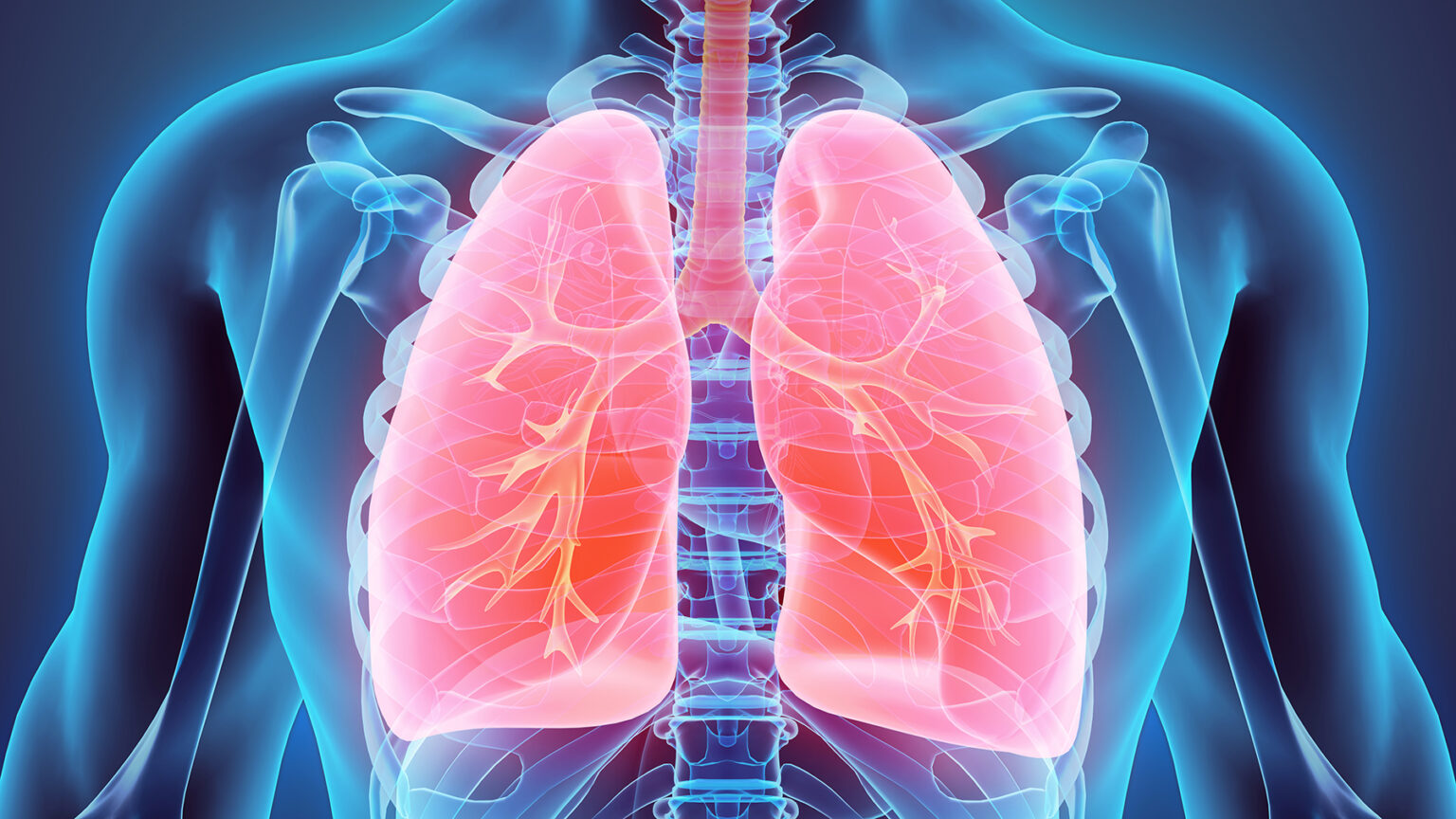- ANESTHESIOLOGY
- CARDIOLOGY
- Dental
- Department
- DERMATOLOGY
- ENT
- GASTROENTEROLOGIST
- GENERAL MEDICINE
- GENERAL SURGERY
- GYNECOLOGY
- MAXILLOFACIAL SURGEON
- Medical Gastroenterology
- NEPHROLOGY
- NEURO PHYSICIAN
- NEURO SURGERY
- NEUROLOGY
- ORTHAPEDIC
- PATHOLOGY
- PEDIATRICIAN
- PHYSIOTHERAPY
- PLASTIC SURGEON
- PULMONOLOGY
- RADIOLOGY
- SURGICAL ONCOLOGY

PULMONOLOGY
Pulmonology, a branch of internal medicine, focuses on the diagnosis, treatment, and management of diseases affecting the respiratory system. This intricate field encompasses a wide range of conditions, from common respiratory infections to complex lung diseases such as chronic obstructive pulmonary disease (COPD), asthma, interstitial lung disease, and lung cancer. Pulmonologists, specialized physicians in this field, play a crucial role in providing comprehensive care for patients with respiratory ailments. In this comprehensive overview, we will delve into the depths of pulmonology, exploring its scope, significance, and advancements.
Understanding Pulmonology: Scope and Significance
Pulmonology encompasses the study, diagnosis, and treatment of disorders affecting the respiratory system, including the lungs, airways, and pulmonary vasculature. The field of pulmonology is vast and multifaceted, covering a wide range of conditions and concerns related to respiratory health. Let’s explore the scope and significance of pulmonology in more detail:
Respiratory Health and Diseases
Common Respiratory Infections: Pulmonologists diagnose and treat a variety of respiratory infections, including viral respiratory illnesses (such as influenza, respiratory syncytial virus), bacterial pneumonia, tuberculosis, fungal infections (such as histoplasmosis, coccidioidomycosis), and atypical pneumonias (such as Legionnaires’ disease).
Chronic Obstructive Pulmonary Disease (COPD): COPD, characterized by chronic bronchitis and emphysema, is a progressive lung disease associated with airflow limitation, cough, sputum production, and dyspnea. Pulmonologists manage COPD through smoking cessation interventions, bronchodilator therapy, inhaled corticosteroids, pulmonary rehabilitation, and oxygen therapy.
Asthma: Asthma is a chronic inflammatory condition of the airways, characterized by reversible airflow obstruction, bronchial hyperresponsiveness, and respiratory symptoms such as wheezing, coughing, chest tightness, and dyspnea. Pulmonologists assess asthma severity, prescribe controller and rescue medications, provide asthma action plans, and educate patients on trigger avoidance and self-management strategies.
Interstitial Lung Disease (ILD): ILD encompasses a diverse group of parenchymal lung disorders characterized by inflammation and fibrosis of the interstitial tissue, leading to impaired gas exchange, restrictive lung physiology, and respiratory symptoms such as dyspnea and cough. Pulmonologists conduct diagnostic evaluations, perform high-resolution computed tomography (HRCT) imaging, and initiate treatment with immunosuppressive therapy, antifibrotic agents, and supportive care measures.
Lung Cancer: Lung cancer is a malignant tumor arising from the cells of the respiratory epithelium, with various histologic subtypes (such as non-small cell lung cancer, small cell lung cancer). Pulmonologists play a key role in lung cancer screening, early detection, staging, and multidisciplinary management, including surgical resection, radiation therapy, chemotherapy, targeted therapy, immunotherapy, and supportive care interventions.
Respiratory Function Testing and Intervention
Pulmonary Function Testing (PFT): Pulmonologists perform pulmonary function tests to assess lung function, including spirometry, lung volumes, diffusion capacity, and bronchial provocation tests, aiding in the diagnosis, severity assessment, and monitoring of respiratory conditions such as COPD, asthma, interstitial lung disease, and restrictive lung disorders.
Arterial Blood Gas Analysis (ABG): Pulmonologists analyze arterial blood gas samples to evaluate oxygenation, ventilation, acid-base balance, and respiratory function, guiding therapeutic interventions such as oxygen therapy, mechanical ventilation, and ventilator weaning protocols in critically ill patients with respiratory failure or acute respiratory distress syndrome (ARDS).
Bronchoscopy: Pulmonologists perform bronchoscopy, a minimally invasive procedure, to visualize the airways, obtain diagnostic samples (such as bronchoalveolar lavage, transbronchial biopsy, endobronchial biopsy), and perform therapeutic interventions (such as airway stent placement, bronchial thermoplasty, endobronchial tumor resection) for various pulmonary conditions.
Pleural Procedures: Pulmonologists conduct pleural procedures, including thoracentesis, pleural biopsy, pleural catheter placement (indwelling pleural catheter or tunneled pleural catheter), and pleuroscopy (medical thoracoscopy), to evaluate and manage pleural effusions, pneumothorax, pleural infections, and pleural malignancies.
Sleep Medicine and Respiratory Support
Sleep-Disordered Breathing: Pulmonologists diagnose and manage sleep-disordered breathing conditions, including obstructive sleep apnea (OSA), central sleep apnea, complex sleep apnea syndrome, and sleep-related hypoventilation disorders, utilizing polysomnography (overnight sleep study), home sleep apnea testing, continuous positive airway pressure (CPAP) therapy, oral appliances, and surgical interventions.
Mechanical Ventilation: Pulmonologists provide mechanical ventilation support for patients with acute respiratory failure, respiratory distress syndrome, neuromuscular disorders, and chronic respiratory insufficiency, delivering invasive mechanical ventilation (endotracheal intubation, mechanical ventilator support) or noninvasive ventilation (BiPAP, CPAP) based on clinical indications and patient preferences.
Home Oxygen Therapy: Pulmonologists prescribe home oxygen therapy for patients with chronic hypoxemia due to respiratory conditions such as COPD, ILD, pulmonary hypertension, and cystic fibrosis, providing supplemental oxygen through stationary concentrators, portable oxygen tanks, or oxygen conserving devices to improve oxygenation and quality of life.
Respiratory Rehabilitation and Education
Pulmonary Rehabilitation: Pulmonologists refer patients to pulmonary rehabilitation programs, multidisciplinary interventions that incorporate exercise training, education, nutritional counseling, and psychosocial support to improve exercise capacity, dyspnea, quality of life, and self-management skills for individuals with chronic lung diseases such as COPD and ILD.
Smoking Cessation: Pulmonologists offer smoking cessation counseling and pharmacotherapy interventions to help patients quit smoking and reduce their risk of developing smoking-related respiratory diseases, providing support, education, and resources to promote tobacco cessation and respiratory health.
Patient Education: Pulmonologists educate patients about respiratory conditions, treatment options, medication adherence, symptom management, trigger avoidance, and lifestyle modifications, empowering individuals to take an active role in their respiratory health and make informed decisions about their care.
